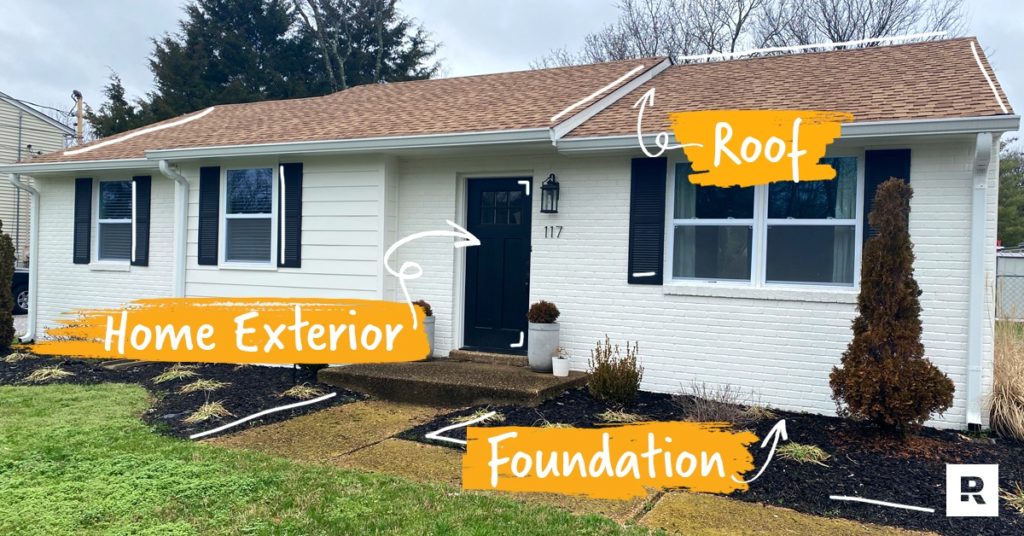Buying a home is everyone’s dream and one of the most important decisions of your life. It is possibly one of the biggest investments you make in your lifetime. Many people don’t consider doing a research before buying a property. But if background research is done on the potential property, the chances of a profitable purchase are significantly increased. Before making an agreement, check the neighbourhood, crime rates, age of the property, features of the property and other necessary factors.
Investment in real estate, especially residential properties, is quite popular amongst the investors. However, the benefit and opportunities available for investments in commercial spaces could be far more significant than residential properties. Commercial and residential properties have very different dynamics. From an investor’s perspective, a commercial property is normally traded on a yield basis.

If you are buying a property for the first time, it is advised to involve a real-estate agent rather than going for private buying. The seller might have employed a real estate agent to sell his property but being the buyer you also need information and guidance. The buyer’s agent should have thorough knowledge about the area, should be considerate about the buyer’s requirements and competent enough to negotiate on your behalf with the seller or seller’s agent.
Think long term: Before buying a property, you must know that real estate is a long term investment and you will have to bear the expenses such as maintenance charges, property tax and mortgage burden. So before taking the decision to buy a home, it is important to determine the financial goals and one’s capacity to remain invested for a longer period.
Demand information: You should demand for the disclosure of the complete information about the property from the buyer. This may include the information regarding electricity and water supply, materials used for building construction, municipal rates and maintenance cost. Be it good or bad the seller is ought to tell everything.
Compare market price: The seller might have tagged the property with the demanded price tag but it is always better to get the market price comparison analysis report by a real estate appraiser before making an offer. This will help you in analysing the right price of the property and negotiate well with the seller.
Agreement & allotment: Development agreement contains details regarding the terms and conditions on which the landowner has permitted the builder to do the development on his property. The allotment letter contains the clauses regarding builder’s liability in case of problems after possession or delays in construction situation, agreed price, construction and payment schedule. So, it is very important to demand for these agreements and get them checked by a lawyer.
Involve a lawyer: Legal documents are quite difficult to understand and sometimes have some confusing clauses. It is your right to get the agreement of sale reviewed by a lawyer, prior to signing it. To avoid any surprises consult a lawyer of your choice regarding the securing legitimate and finance documents.
Choose your banker: Your seller might have arranged a financier for you but it completely depends on you, from whom you want to lend the money to buy the property. Ask the lender to provide you the true value of the loan and the full details regarding the terms and conditions of the loan. Do a dual check to make sure there are no hidden charges involved.
Sale agreement: Once you have decided on a property that satisfies your requirements, the inspection done and got the finances right, read the settlement statement thoroughly to check if it holds any clause which dissatisfies you prior to closing the deal.
Final handover: Before releasing the final payment to the builder/seller you have full rights to inspect the property yet again. We advise you to hire an authorised personal to do a thorough inspection of the property.

Look at different markets: If you are having trouble finding good deals in your local market, it is worth looking elsewhere. The amount of work and time spent will increase, but it may be worth it if the prices are right. Looking at different markets may give you a completely different perspective on the business. Instead of focusing on a specific type of property or deal, a different market will often provide a different way of thinking in addition to a new set of opportunities.
Finding good deals is the backbone of any good real estate investor, and there are plenty of opportunities out there if you know where to look.
Tips for a Real Estate Agent do to Crack a Deal
1. Follow-Up
Follow up is the first step to Crack the Deal in Real Estate. In that process its required to keep in touch with Clients and Builders every day.
2. Communication
After Follow-up the nest is Communication with your clients and Developers. Need to be polite every time. Never rude with anyone, listen customer queries patiently and trying to fulfil their needs. Most of the property should be purchased once in everyone’s life so keep in mind you have to fulfil customer dreams. Need to follow recent policies of Real Estate.
3. Services
For every Real Estate Agent Customer Service is the important step. Real Estate Consultant served Buy, Sell/Sale, Rent, Lease, and Special Investment & Legal Support.
4. Market Mapping
Without Market Mapping the Agent cannot survive in the Real Estate Market. Every agent has the 360° Knowledge of Property & Area Research Report. Every agent need to have deep knowledge about the property and area.
5. CRM (Customer Relationship Management)
A CRM system helps businesses keep customer contact details up to date, track every customer interaction, and manage customer accounts. It is designed to help businesses improve customer relationships and also Customer Lifetime Value (CLV). This is vital because of the vast amount of such data businesses generate daily. CRM helps businesses to Time Management, Task Management & Property Management.
6. Repo with Customer
The sixth and the final step are to build Repo with Customer.
